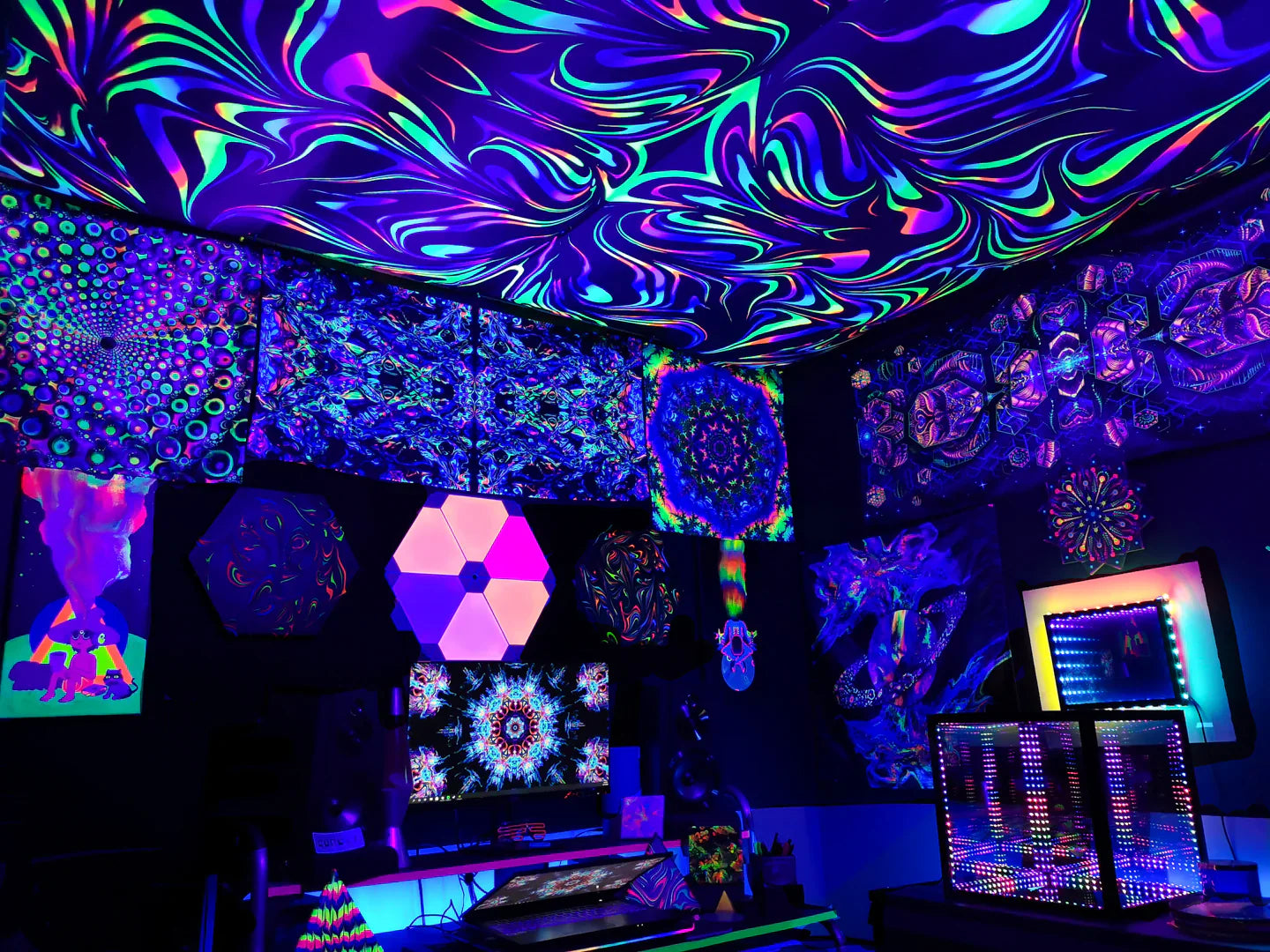Sleep quality affects overall health. Lighting regulates sleep patterns. Understanding this connection improves sleep environments.
Melatonin production occurs in darkness. Artificial light disrupts this process. Use soft, warm lights at night to signal the brain for sleep. Dimming lights creates a calming atmosphere that promotes relaxation.
Limit blue light exposure from screens before bedtime. Blue light inhibits melatonin, making sleep difficult. Set a digital curfew one to two hours before sleep. Instead of screens, engage in quiet activities like reading or meditation.
Physical environments also matter. Use blackout curtains or masks to block light. Total darkness enhances melatonin levels and sleep quality.
Natural daylight exposure is essential. It regulates the sleep-wake cycle and boosts mood. Open curtains to allow sunlight or spend time outdoors. This reinforces natural sleep cues.
Creating optimal lighting conditions supports sleep. Use warm colors at night and bright sunlight during the day to encourage healthy patterns. Explore various lighting options online to create restful environments. Quality sleep rejuvenates and boosts daily energy levels.



Leave a comment
This site is protected by hCaptcha and the hCaptcha Privacy Policy and Terms of Service apply.